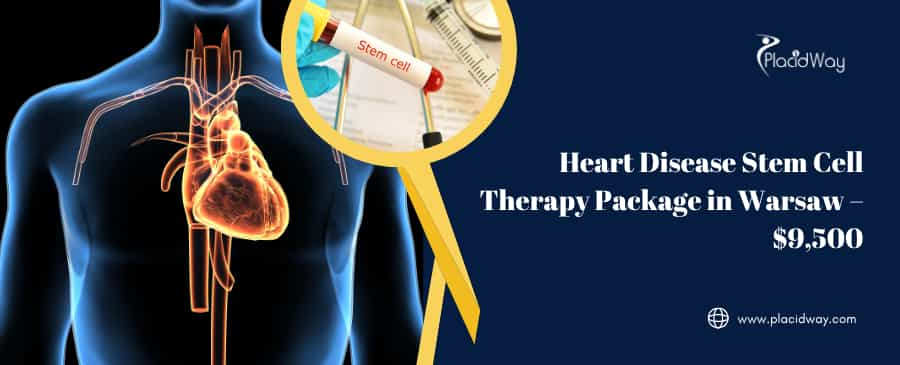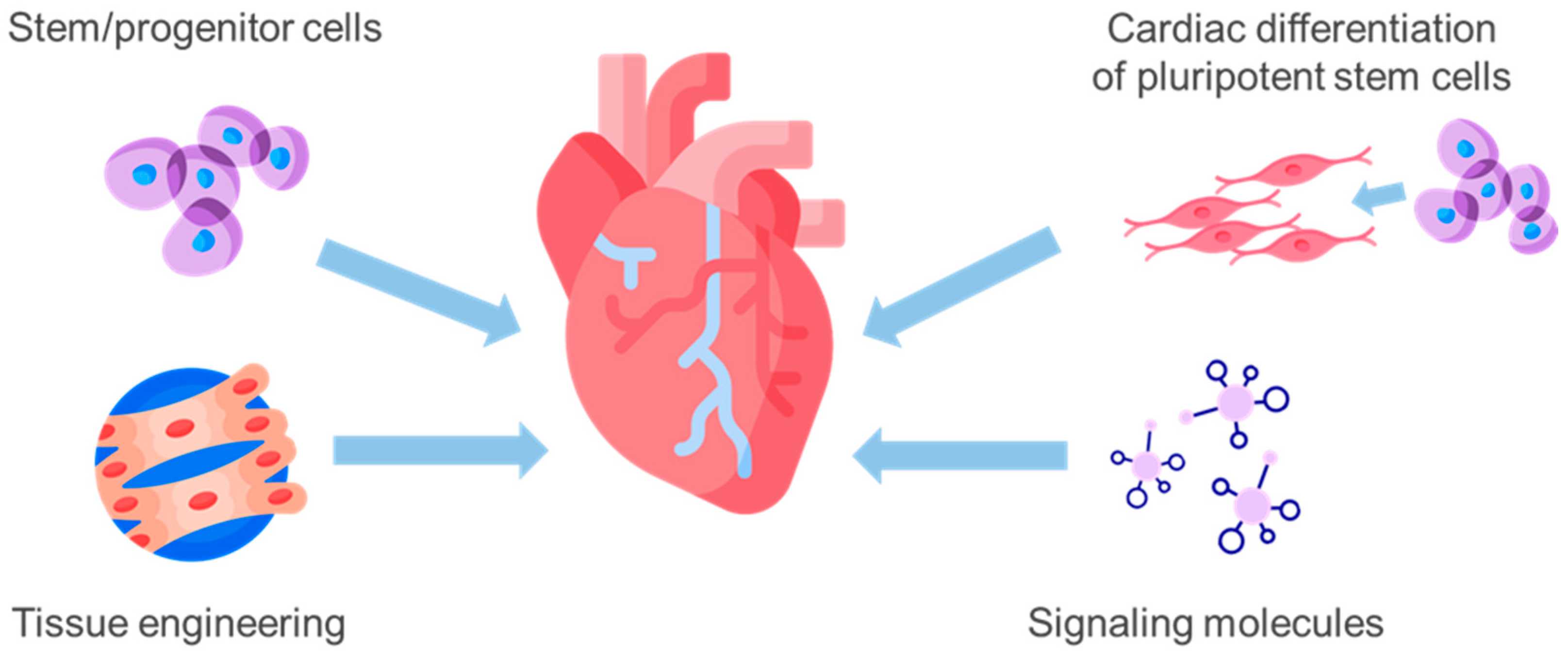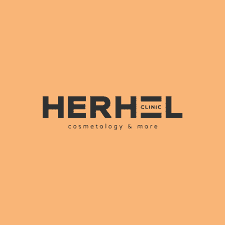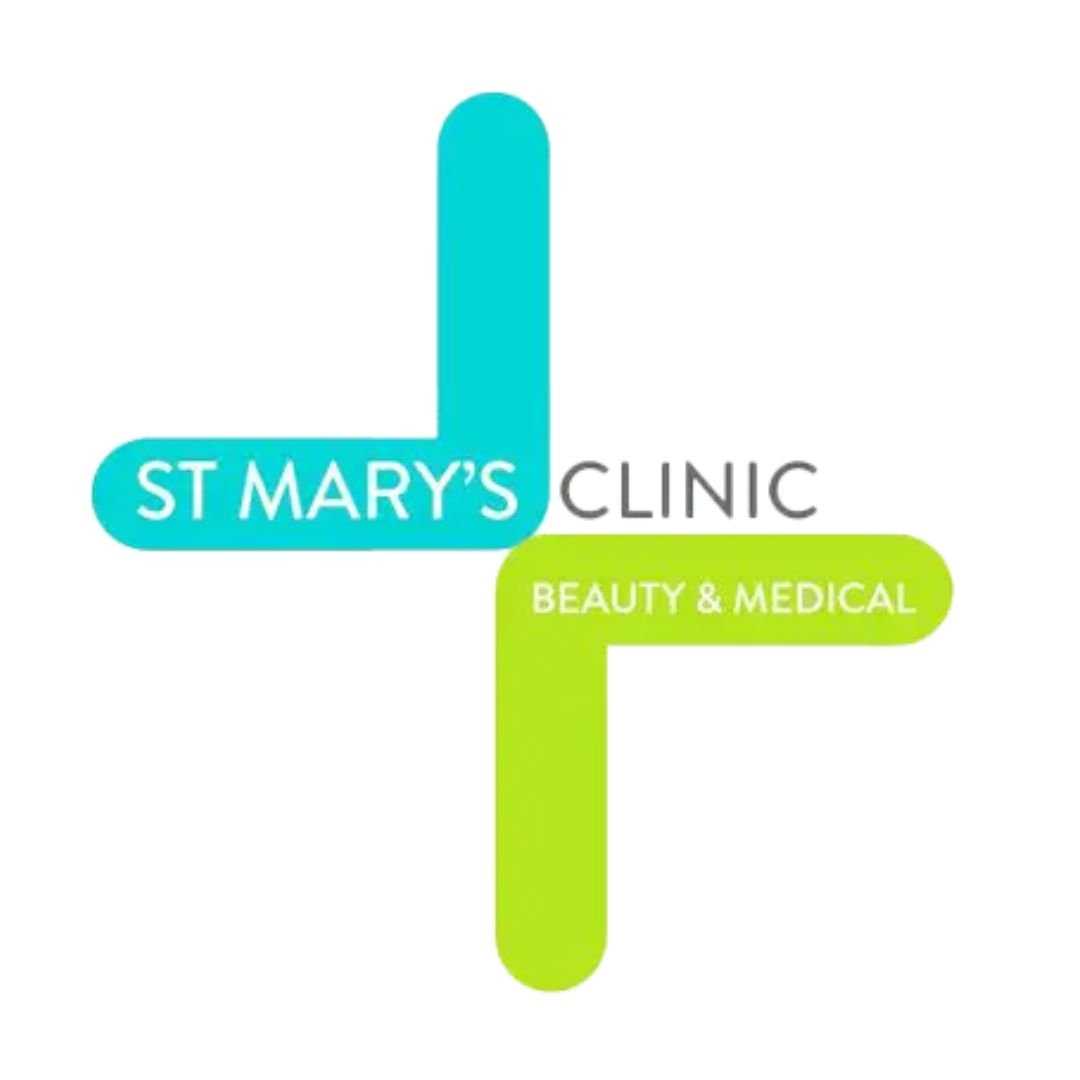Innovative and Affordable Stem Cell Therapy for Heart Disease in Warsaw

Table of Contents
Key Insights at a Glance
- Stem cell therapy offers potential benefits for heart disease patients.
- Costs in Warsaw are significantly lower than in the USA, Canada, and the UK.
- Ideal candidates include those with heart failure and coronary artery disease.
- The procedure is minimally invasive with a focus on patient comfort.
- Warsaw offers advanced medical facilities and a rich cultural experience.
Are you worried about heart disease and looking for effective treatment options? Many patients struggle with limited choices and high costs, especially in Western countries. Fortunately, stem cell therapy presents a promising solution that could change your life.
Overview of Stem Cell Therapy for Heart Disease Package in Warsaw, Poland
Heart disease can be a daunting diagnosis. Patients often feel limited by traditional treatments that may not provide the desired results. Stem cell therapy offers a groundbreaking alternative that promotes the healing and regeneration of heart tissue. In Warsaw, Poland, you can access this innovative treatment at a fraction of the cost compared to Western countries. Our package is designed to provide comprehensive care, ensuring that you receive the best possible support throughout your journey.

Cost of Stem Cell Therapy for Heart Disease in Warsaw, Poland
The cost of Stem Cell Therapy for Heart Disease in Warsaw, Poland at Herhel Clinic is $9,500. This cost is significantly cheaper compared to Western or European countries, where the price can be much higher. By choosing this package, patients can save up to 60% on the total cost.
Warsaw offers a blend of affordability and high-quality medical care, making it an attractive option for those seeking treatment. For exact details on pricing and possible financing options, please contact us directly.
| Location (CITY, COUNTRY) | Price (USD) |
|---|---|
| Warsaw, Poland | $9,500 |
| USA | $30,000+ |
| Canada | $28,000+ |
| UK | $25,000+ |
Note: Prices may vary based on patient condition. Contact our team for an exact quote today!
Who is it suitable for?
- Individuals with chronic heart failure are seeking alternative treatments.
- Patients with coronary artery disease are looking for innovative solutions.
- Those who have not responded well to traditional therapies.
- People who wish to explore advanced medical options for heart health.
- Patients who are willing to travel for high-quality care at lower costs.
Procedure Details for Stem Cell Therapy for Heart Disease Package at Herhel Clinic
- Initial consultation to assess eligibility and discuss medical history.
- Collection of stem cells, typically from the patient's own body.
- Processing of stem cells in a sterile environment to prepare for injection.
- Injection of stem cells directly into the heart or bloodstream.
- Post-procedure monitoring to assess the patient's recovery.
Why Warsaw, Poland is the Best Destination for You
Warsaw is a fantastic destination for medical treatment, especially stem cell therapy for heart disease. Here’s why:
- Location Appeal: As the capital city of Poland, Warsaw offers easy access to advanced medical facilities and a rich cultural experience.
- Unique Advantages: The cost of treatment is significantly lower than in many Western countries, without compromising on quality.
- Reputation for Quality: Poland is known for its high standards in healthcare, with many accredited clinics and experienced professionals.
- Expertise & Patient Experience: The surgeons at our clinics are highly trained and prioritize patient comfort and safety.
Inclusions in Package
| Inclusion | Description |
|---|---|
| Consultation | Initial assessment by a medical professional. |
| Accommodation | Comfortable lodging during your stay. |
| Transportation | Airport transfers and local transport. |
| Medical Tests | Necessary tests before the procedure. |
| Follow-Up Care | Post-procedure monitoring and care. |
Exclusions in Package
| Exclusion | Description |
|---|---|
| Airfare | Travel costs to and from Warsaw. |
| Meals | Food expenses outside of hospital meals. |
| Insurance | Any personal insurance coverage not included. |
| Extra Treatments | Costs for additional treatments not specified in the package. |
| Personal Expenses | Any personal costs incurred during the stay. |
Advanced Stem Cell Therapy Details
Using stem cells for cardiovascular diseases is one of the most promising areas in regenerative medicine. The therapy works through:
Mechanisms of Action
Stem cells differentiate into heart muscle cells (cardiomyocytes) and blood vessel cells to replace damaged tissue. They also release growth factors, cytokines, and microRNAs that promote new blood vessel formation, reduce inflammation and scarring, and help surviving cells thrive. Additionally, some stem cells modulate the immune system to lower harmful inflammation, aiding tissue healing.
Types of Stem Cells Used
Mesenchymal stem cells (MSCs) come from sources like embryonic tissue, bone marrow, fat, or umbilical cord blood and are used to treat heart attacks and chronic ischemia. Cardiac stem cells, found in the heart, help regenerate heart muscle after damage. Endothelial progenitor cells stimulate new small blood vessels to improve blood flow.
Specific Cells in Treatment
The protocol uses embryonic MSCs (240 million IV) to secrete healing factors and prevent fibrosis. Cardiosphere cells (90 million IV) improve heart pumping function. Microvascular endothelial progenitors (60 million IV) support new vessel growth. Exosomes (36 billion IV) help restart damaged cell activity. Anti-inflammatory cytokines and mitochondrial complexes are also included to enhance healing and energy.
Clinical Success Highlights
- Patients 65+ with myocardial infarction: 16.4% improvement in left ventricular ejection fraction (LVEF) and scar size reduction after 6 months.
- Ischemic cardiomyopathy patients: Cardiac function improved 24-32%.
- Chronic heart failure group: 43-61% reduction in heart failure decompensation risk after 12 months.
- Reduced chest pain attacks: Frequency halved in treated patients compared to controls after 6 months.
Advantages of This Treatment
- No side effects or chemical drugs.
- Minimally invasive (mainly intravenous injections).
- No risk of rejection or cancer.
- Comprehensive 3-day treatment protocol including stem cell therapy, bio-products, immune response control, and cell growth stimulation.
Pre-Operative Tests for Stem Cell Therapy for Heart Disease
- Blood Tests: To assess overall health and suitability for the procedure.
- Imaging Tests: X-rays or ultrasounds to evaluate heart condition.
- ECG: To check heart rhythm and electrical activity.
- Heart Function Tests: To measure how well the heart is working.
- Medical History Review: Detailed discussion of past health issues.
Best Doctors Performing your Stem Cell Therapy for Heart Disease
The surgeons at the Herhel Clinic are highly experienced and dedicated to providing the best care possible. They specialize in stem cell therapy and have a track record of successful outcomes. With their compassionate approach, they ensure that every patient feels comfortable and supported throughout the process. For more details on our medical team, visit the Herhel Clinic page on PlacidWay.
Important Considerations for Medical Travelers
- Travel Arrangements: Plan your trip well in advance for a smooth experience.
- Necessary Documents: Ensure you have all required medical records and travel documents.
- Language Considerations: English is widely spoken, but having a translation app can be helpful.
- Health Insurance: Verify what your insurance covers for overseas treatment.
- Stay Connected: Have a way to contact family or friends during your stay.
Frequently Asked Questions
What is stem cell therapy for heart disease?
Stem cell therapy for heart disease involves using stem cells to repair damaged heart tissue. It is a promising treatment option for those with conditions like heart failure or coronary artery disease. The therapy aims to improve heart function and promote healing, offering a potential alternative to traditional treatments.
How long does the procedure take?
The stem cell therapy procedure usually takes a few hours. Patients undergo an initial consultation, followed by the collection and processing of stem cells. The injection itself is relatively quick, often completed within 30 minutes to an hour. Patients may need to stay for monitoring afterward.
Are there any risks associated with stem cell therapy?
As with any medical procedure, there are some risks. These can include infection, allergic reactions, or complications from the procedure. However, stem cell therapy is generally considered safe, especially when performed by experienced professionals. Discuss any concerns with your doctor before proceeding.
How soon can I expect to see results?
Results can vary by individual. Some patients may start to notice improvements within weeks, while others may take months to see significant changes. Regular follow-up appointments will help assess your progress and adjust care as needed.
Can I undergo this therapy if I have other health conditions?
Many patients with other health conditions can still qualify for stem cell therapy. However, your overall health and specific conditions will be evaluated during the initial consultation. It’s essential to discuss your medical history with the healthcare team to determine the best course of action.
Book Your Appointment for Stem Cell Therapy for Heart Disease in Warsaw, Poland
Ready to take the next step toward better heart health? Booking your stem cell therapy in Warsaw, Poland, is simple! With affordable prices, expert care, and a welcoming environment, you can feel confident in your choice. Our team at PlacidWay is here to guide you every step of the way.
Contact us today to learn more about our packages, schedule a consultation, or get a free quote! Your journey to recovery starts now, so don’t hesitate to reach out!

.jpeg)
















Share this listing